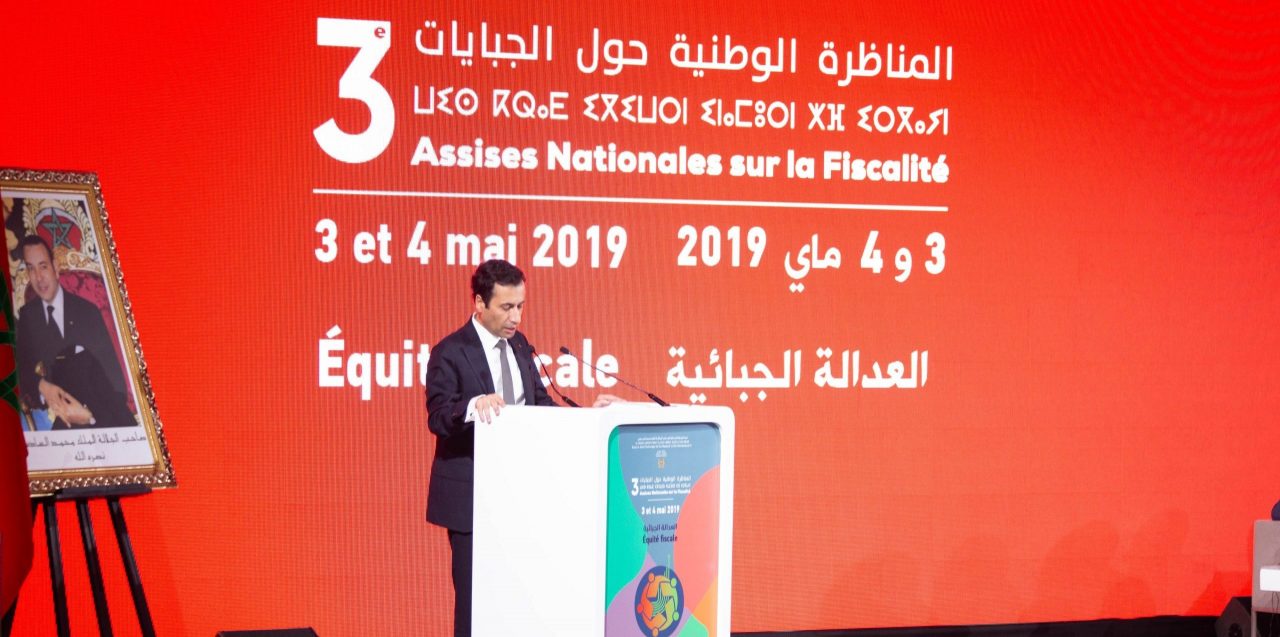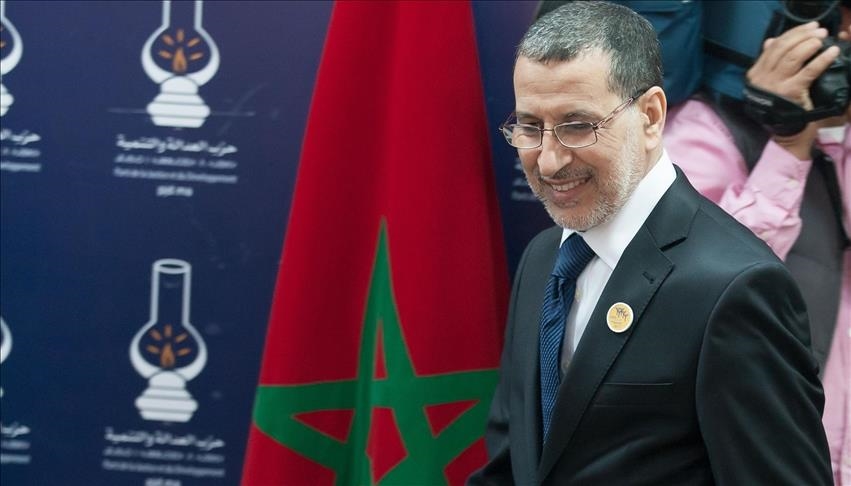The current fiscal system in Morocco could be effective provided that the beneficiary sectors or people are targeted, and that the necessary impact studies are carried out before decision-making.
Mohammed Masbah
Mohammed Masbah is the Founder and President of the Moroccan Institute for Policy Analysis (MIPA). He is a political sociologist whose work centers on public policy, democratization and political Islam, with a focus on North Africa. Dr Masbah is an Associate Fellow at Chatham House in London and adjunct professor at Mohammed V University. He was previously a non-resident scholar at the Carnegie Middle East Center, and a fellow at the German Institute for International and Security Affairs (Stiftung Wissenschaft und Politik, SWP) in Berlin. Dr Masbah obtained his PhD in Sociology from Mohammad V University in Rabat. His dissertation examined the processes of radicalization and deradicalization of Moroccan Salafis since Casablanca bombings in 2003. His recent publications include: Moroccan Jihadists: Local and Global Dimensions, Al Jazeera Centre for Studies, 2021. Trust in Institutions Index 2020, Moroccan Institute for Policy Analysis, 2020. Rise and Endurance: Moderate Islamists and Electoral Politics in the Aftermath of the ‘Moroccan Spring’” in Islamists and the Politics of the Arab Uprisings: Governance, Pluralisation and Contention (Edinburgh University Press, 2018) Contact the author: m.masbah@mipa.institute
أبحاث
Research
Mohammed Masbah, Author at
Trust in Public Administration during the Era of Pandemic
To face the challenges posed by climate change, Morocco needs to address issues related to adaptation and mitigations strategies, raise awareness and implement educational programs on climate change, ensure public access to information and promote public participation
Morocco’s experience with Islamists sets it apart from its neighbours. While Egypt and Tunisia have resorted to military and constitutional means to remove Islamists from power, Morocco’s moderate Islamist party, the PJD, were removed by the country’s citizens through the ballot box, without any direct intervention by the monarchy.
Trust Index 2021: Crisis as an Opportunity to Build Trust
New AJCS book examines the Jihadism in Morocco in its local and global context
The Parliament and Beyond: Regenerating trust by exploring the roots of its shortage
Many countries in the Middle East and North Africa still struggle to manage the coronavirus, but Morocco’s response suggests an important evolution in civil-military relations
Moroccans and Quarantine: General satisfaction and cautious optimism
The Moroccan government is capitalizing on a burst of unity, social solidarity and public support in the face of a crisis. However, if it fails to effectively mitigate the public health and economic impacts of the COVID-19 pandemic, this spirit of solidarity and cooperation will not last long











